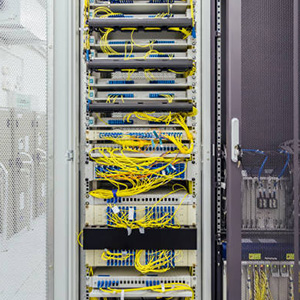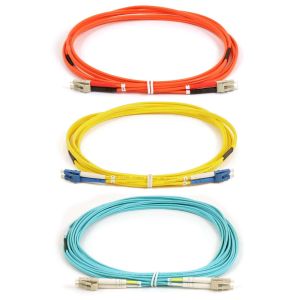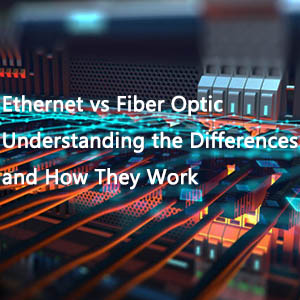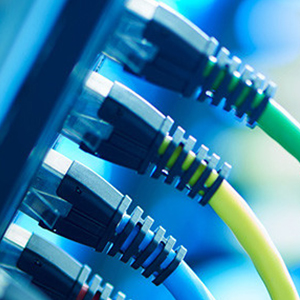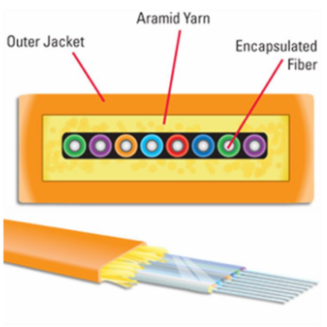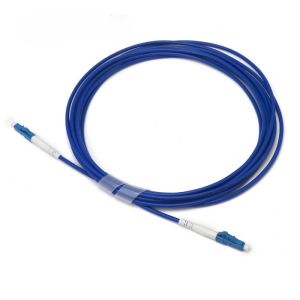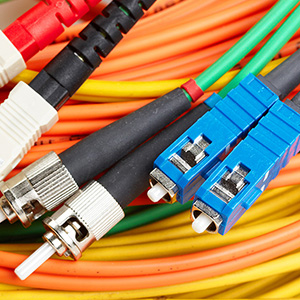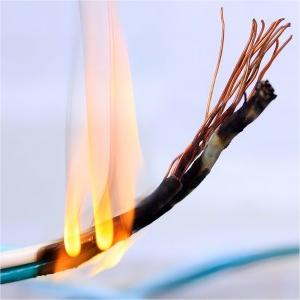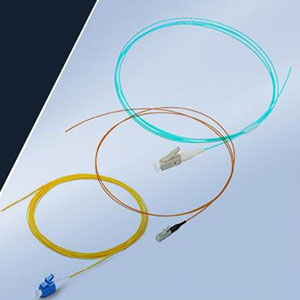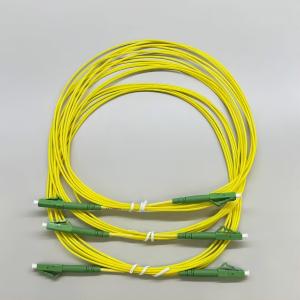Summary:
Explore the compelling benefits of fiber optic networks to make an informed decision when enhancing connectivity within your devices.
Advantages of a Fiber Optic Network

Fiber optics are gaining momentum across various business sectors, driven by the surging demand for IP-based devices such as IP cameras, VoIP phones, and video conferencing solutions that necessitate increased bandwidth for IP communications.
Over the years, the unwavering reliability and formidable throughput capabilities of fiber optics have solidified its position as the preferred choice for general data networking, high-speed internet services, and the backbone of Ethernet infrastructure.
Fiber optics can deliver exceptional connection speeds for multiple users simultaneously without compromise. Coupled with VoIP capabilities and cloud connectivity, fiber optic networks present a plethora of powerful advantages that facilitate seamless connectivity for companies. Here’s what the experts at FiberLife want you to know about boosting productivity and connectivity through fiber optic network integration.
1. Electromagnetic Compatibility
Fiber optic cables stand resilient against the myriad of external elements that can degrade their copper counterparts. They are non-conductive to electrical currents, rendering data connections impervious to radio signals, lightning, and electromagnetic interference.
For facilities where large motors, air conditioners, and controllers operate in a cycle of constant start-stop, fiber optic cables are the recommended choice. The radio frequency and electromagnetic interference from such equipment can sometimes lead to data loss, exacerbating latency on packet streams traversing the network.
2. Improved Bandwidth
Fiber optics offer superior bandwidth compared to their metallic counterparts. The capacity to transmit data per fiber unit time far surpasses other media, providing a significant advantage. As businesses increasingly require data transmission, the availability of higher bandwidth becomes indispensable.
Is your current network grappling with insufficient bandwidth or failing to efficiently meet the data transfer demands of your business? If you’re encountering issues such as pixelated CCTV images, multicast video breakdowns, or other challenges when accessing cloud applications, it might be time to explore the benefits of upgrading to fiber optics.
3. Extensive Transmission Distance
Fiber optic cables boast reduced power loss, enabling the achievement of higher bandwidths even over extensive transmission distances. They can span greater distances in kilometers, a stark contrast to the maximum distances in meters achievable with copper cables.
4. Improved Flexibility
Unreliable connectivity can exact a heavy toll on organizations, with unplanned downtime potentially reducing or even halting productivity. In this fast-paced, digitized world, the reliability of connectivity and communication is paramount for businesses.
Fiber optic cables, being lighter and thinner than copper cables, can withstand greater pull pressure and are less susceptible to breakages or damage. Their enhanced flexibility allows them to resist corrosive elements that copper cables cannot. Additionally, they are impervious to inclement weather, a common culprit for disruptions in data transmission via copper cables.
Get World-Class Fiber Optics Solutions with FiberLife
Investing in future-proof networks that support growth and innovation is more crucial than ever. FiberLife is at the forefront of helping businesses stay ahead of the networking curve with world-class solutions.
You can procure a comprehensive range of fiber optic products, including fiber patch cables, optical amplifiers, MPO and MTP cables, LC and SC cables, fiber optic adapters, fiber quick connections, fiber couplers, quick connectors, PLC splitters, and much more.
Their extensive range for improved connectivity encompasses everything from connector systems to joints, cables, attenuators, and other world-class products that ensure high performance for all networks.

